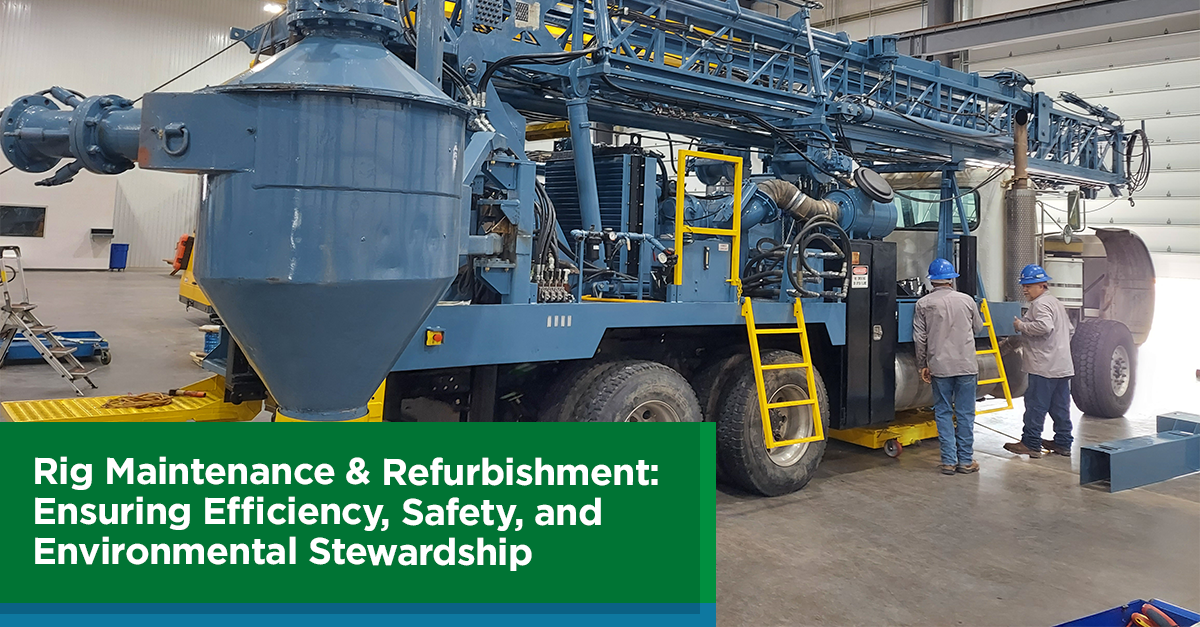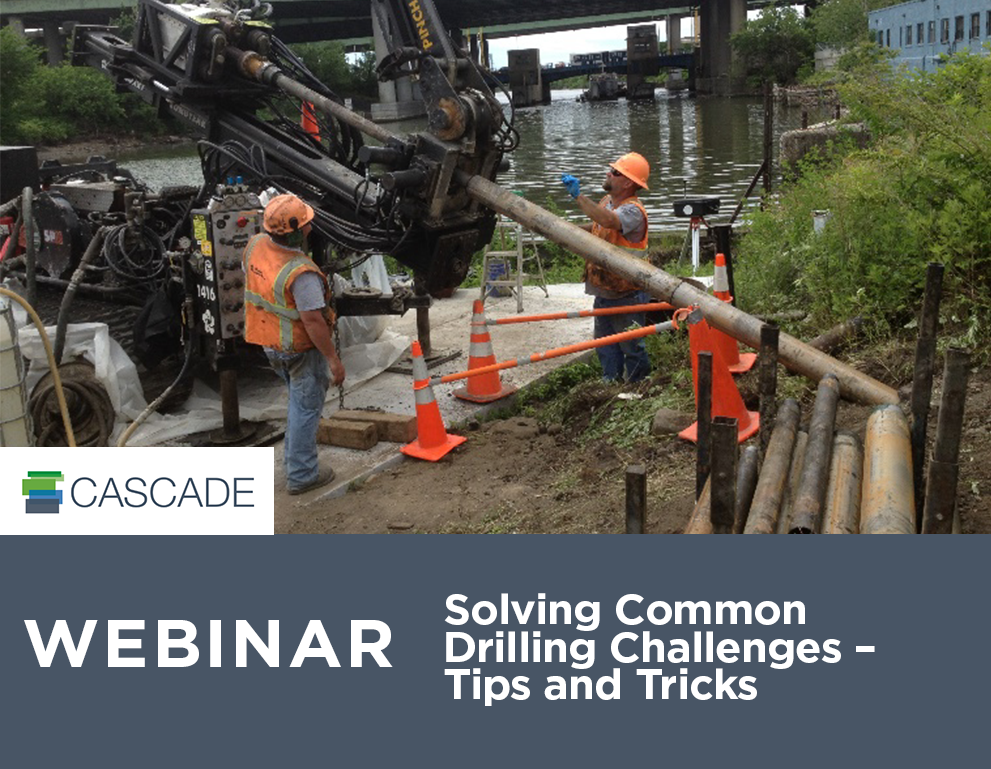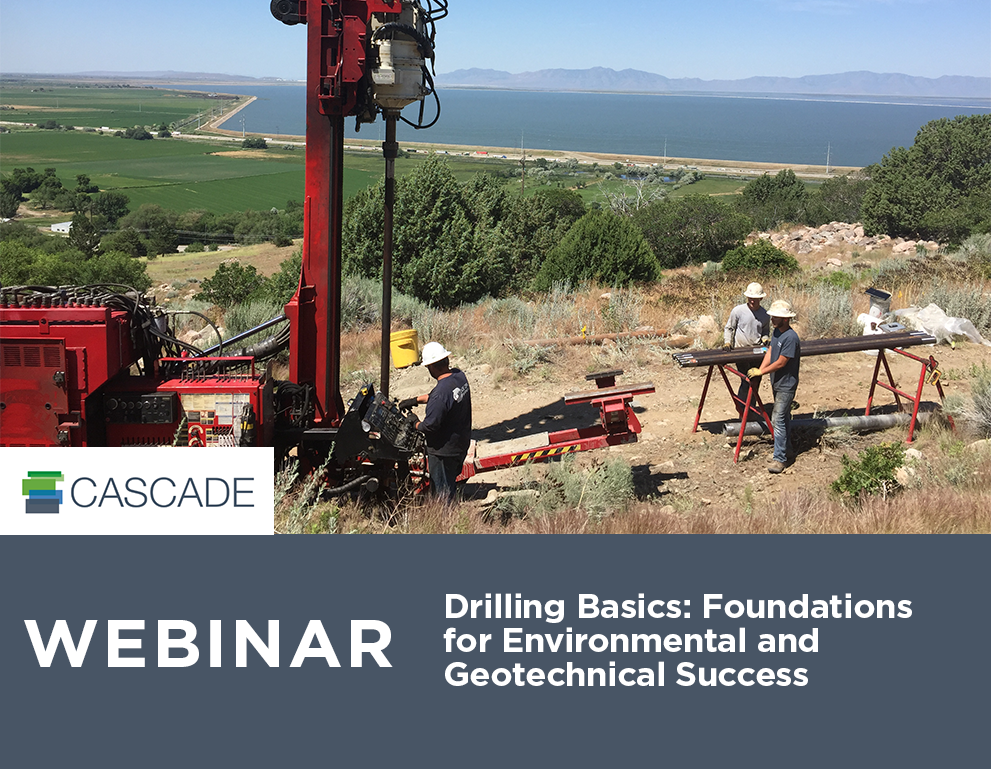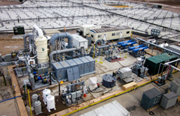4 Reasons to Hire Large Environmental Services Contractors
By: Cascade EnvironmentalAlthough “shopping small” is typically a good idea, there are times when it may be unwise. Small environmental services contractors offer a personal touch, but unfortunately, they’re at higher risk of project delays and cost overruns. They’re also more likely to increase your liability and piles of paperwork. If these potential issues give you pause, you should consider partnering with a large contractor. In this blog post, we’ll cover four of the major benefits.
LARGER FLEETS
Larger contractors have larger fleets. Why does that matter? Because no matter how good the maintenance performed, equipment occasionally breaks down. If you’re working with a smaller contractor, that rig may be the only one they have that can do the work you need. Your project hits pause until the problem is identified and all the parts can be procured or fabricated to fix it—and those delays can jeopardize your project timeline as well as incur unexpected costs.
Larger contractors, on the other hand, can send in another rig to perform work on your site while they send the broken rig for repairs. The impact to your timeline and budget is minimal.
MORE TRAINED STAFF
Large contractors have a leg up on their smaller competition when it comes to projects with tight deadlines. Because they employ more people, these companies can assign crews for multiple shifts per day. They can work round the clock if needed to ensure your project is completed on time. Small contractors simply don’t have enough trained staff to offer this.
Another benefit of a larger workforce—combined with a larger fleet—is that the contractor can schedule your project sooner. They don’t have to wait for their one rig or crew to be available (since they have multiple), and you don’t have to wonder if they’ll start on time if one of their other projects goes long.
LESS LIABILITY
Every business you work with should be insured, but those involved with higher risk activities should go beyond the minimum requirements. This should include implementation of a strong environmental health and safety (EHS) program, as well as heavy insurance coverage for when things go wrong.
Smaller companies may not have the ability to hire a dedicated EHS safety officer to implement a safety program and ensure ongoing adherence. They also may not prioritize carrying heavy insurance.
Large contractors, however, recognize the importance of strong environmental health and safety programs, as well as the need for appropriate insurance. They typically have an entire EHS team to ensure safe project sites, and carry insurance that goes far beyond any state or federally mandated minimum requirements. These points should be factored into your criteria when choosing contractors, as it decreases your company’s potential liability and risk.
REDUCED LOGISTICS
While some projects are pretty straightforward, others require multiple types of drilling, site characterization, and/or remediation technologies. Your project needs may surpass the capabilities of a small contractor. You could hire multiple smaller companies for each task… or you could reduce the paperwork and logistics by working with a larger contractor that offers multiple technologies and specialized field personnel. This option can cut down time spent on writing RFQs and managing the bidding process, as well as the logistics of scheduling multiple contractors.
It always feels good to give your business to small companies, but when your environmental services project is on the line, it may be wise to choose a large contractor. They can provide the equipment, personnel, EHS programs and insurance coverage that will keep your project running smoothly.
If you’re interested in working with (ahem) a large contractor on your next project, let us know.












